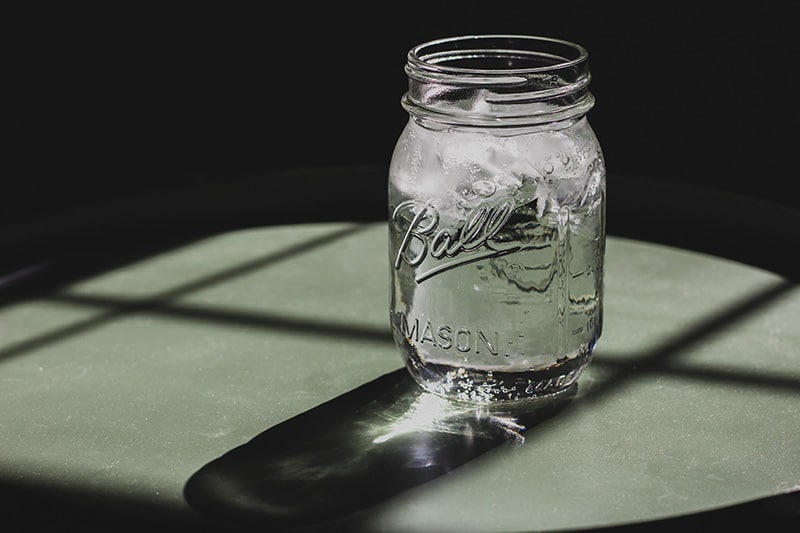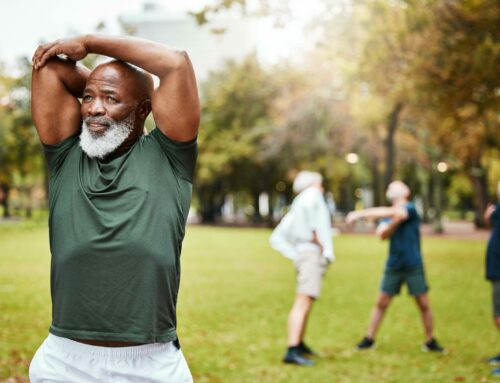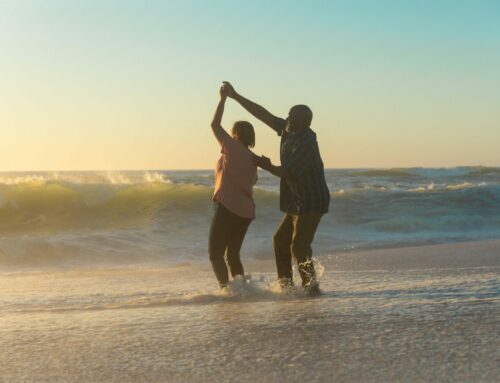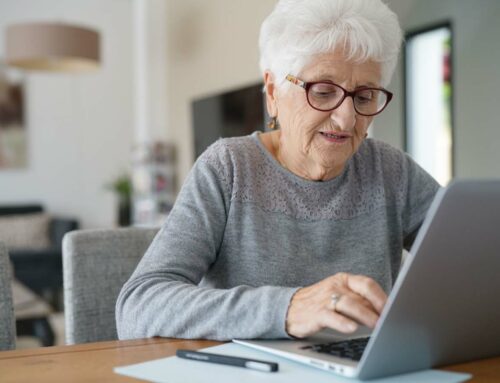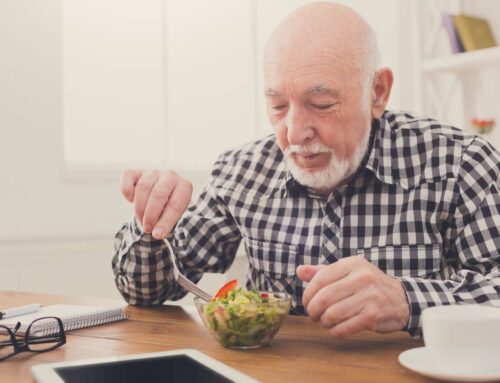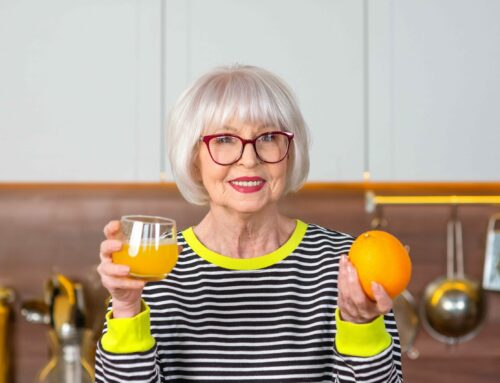It’s been said that where there is water, there is life. Contemporary science has established that one straight-forward way to protect our health is to drink plenty of water.
While this is true all year round, the hot and humid days of summer take this principle to a whole new level, especially for older people. Seniors make up the part of the population who are at the greatest risk for dehydration, heat exhaustion and heat stroke. It is vital, then, for seniors to have water made available to them throughout the day, as well as to regularly consume fruits, vegetables and other foods, such as broth, in order to maintain adequate hydration during the hot months of summer.
Why do I get thirsty and why does it matter?
People lose about 10 cups of fluids a day simply by breathing, sweating and other bodily fluids. During travel, especially by airplane, the body becomes even more likely to dehydrate during travel, especially on airplanes.
Adequate hydration helps the body maintain a normal temperature, and it also helps to lubricate and cushion joints. What may be lesser known is that a very small percentage (around 1.5% to 2%) of water loss can lead to headaches, exhaustion and even a decrease in cognitive function. Also, as we age, the lack of actual ability to feel thirsty is combined with the fact that older people already have less water in their bodies. Because of this, it is extremely important for seniors to drink plenty of water.
Of course, dehydration is a concern. However, heat exhaustion and heat stroke are two issues that can lead to serious illness and even death. If there are signs of either of these, immediately call for emergency assistance. Then, move the person to shade and continually use cool water all over to cool them down.
What can I do to stay hydrated?
Obviously, drinking water is one way to help you stay hydrated. Also, fruit juices, milk, tea, coffee and sports drinks all offer a good alternative to water. However, it is important to stay away from alcoholic beverages, as these can actually lead to dehydration. Foods such as watermelon, grapes, tomatoes, cucumbers, and mixed salad greens can also help keep you hydrated. It is also important to make sure that you are consuming these things throughout the day in order to aid your body in meeting its requirements for hydration.
One tip for deciding how much water is adequate is to divide the body weight in half. The result gives the number of ounces of water that should be consumed each day. Drink water before and during exercise to prevent a deficit that will need to be made up. Another handy trick is to take medications with a full glass of water, which will help meet hydration needs.
In addition to drinking plenty of fluids, seniors should dress in light clothes, use sunscreen and sunglasses and wear a hat. It is also important to limit exposure to direct sunlight, and utilize air conditioners and/or fans to keep cool.
————————–
Want to learn more about senior living at its finest? Give our team of care professionals a call today to chat about your options.


 Schedule a Tour Today!
Schedule a Tour Today!